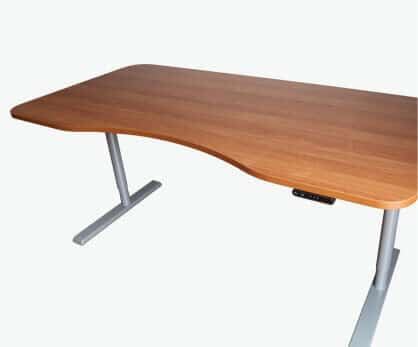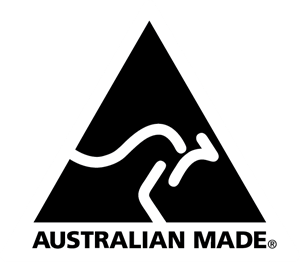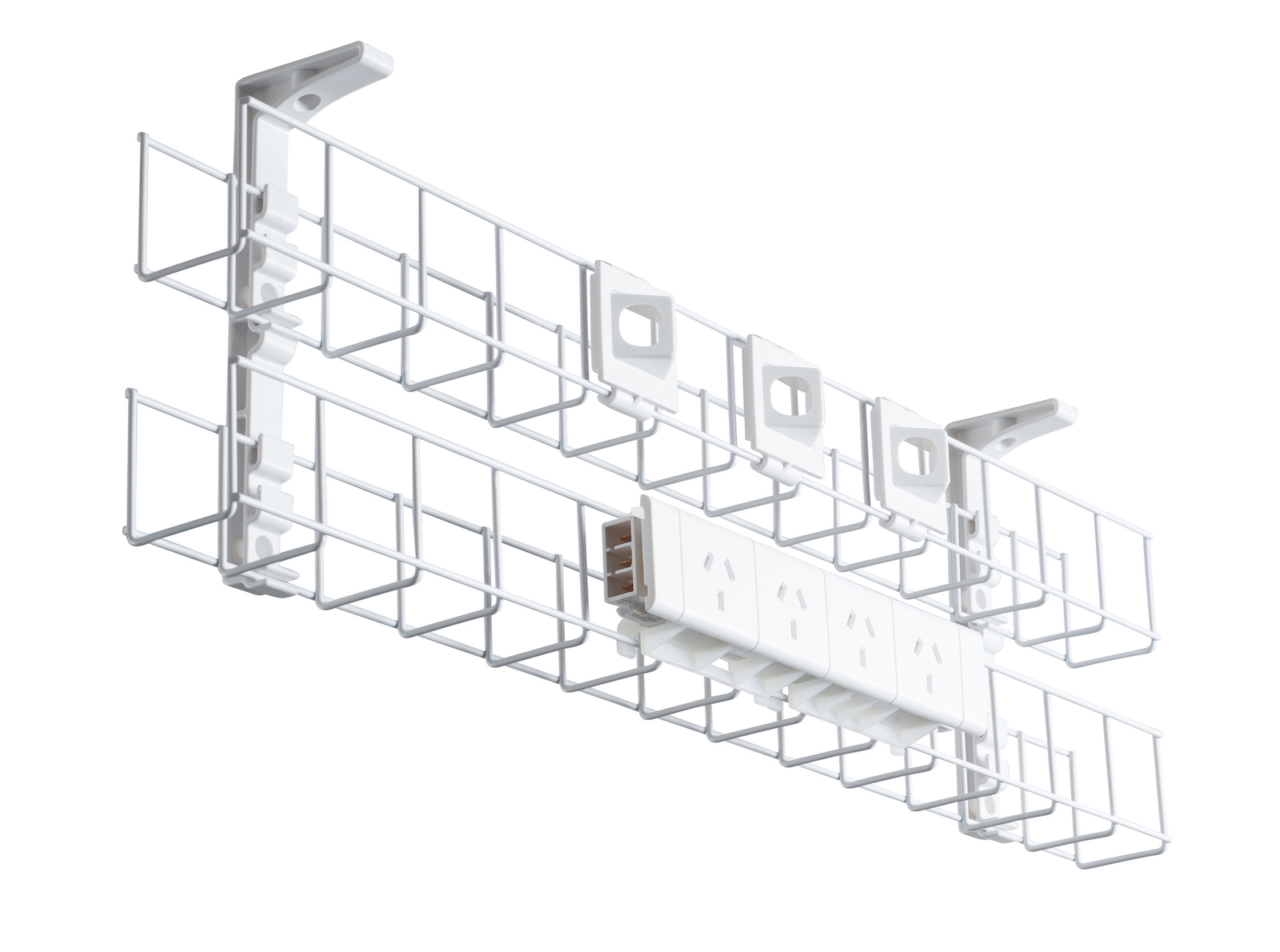
Extreme Ownership: The Key to Boosting Productivity and Reducing Workplace Drama
Workplace drama is an all too familiar scenario. The late-night calls from distressed colleagues, the office gossip spreading like a wildfire, the disrespectful emails, and the emotional outbursts during meetings. It’s not just an annoyance; it’s a productivity shredder. Our human instinct is wired for drama, a trait that was once beneficial in prehistoric times when drama signified danger and recognizing it was vital for survival. Today, however, this trait can be damaging, particularly in a professional setting.
This is best illustrated by Stephen Karpman’s Drama Triangle. It delineates three roles individuals assume during conflicts: the Victim, the Persecutor, and the Rescuer. Victims feel powerless and point fingers at others. Persecutors criticize and dominate. Rescuers attempt to assist but often exacerbate the situation. The roles may interchange, but the drama persists.
So, what’s the solution? Extreme Ownership, a concept developed by ex-Navy SEALs Jocko Willink and Leif Babin. It revolves around taking complete accountability for everything that transpires within your work sphere. This means no blaming, no excuses. It is a practice that leaders at all levels should adopt, fostering a culture where everyone takes ownership of their tasks and responsibilities.
Here are the key principles:
• Ownership: Leaders should accept responsibility for both their team’s triumphs and failures. This implies refraining from blaming others or external factors for issues but instead introspecting and asking, “How could I have improved?”
• No Excuses: Shunning excuses or blame shifting is crucial. Even if external factors contribute to an issue, an efficient leader will find a way to navigate those obstacles.
• Leading Up and Down the Chain of Command: Extreme Ownership is applicable at all organisational levels. Leaders should step up and lead their superiors when needed, providing solutions and taking responsibility. Likewise, they should encourage their subordinates to take ownership of their tasks.
• Decentralized Command: While the leader is accountable for everything, they should also enable their team members to take ownership of their specific roles. This encourages a culture of decentralized command where everyone comprehends their responsibilities and takes the initiative.
• Prioritizing and Executing: Leaders must classify tasks and execute them effectively. This involves making challenging decisions and occasionally sacrificing less critical objectives for the success of the overall mission.
When Extreme Ownership is practised, drama fades away. Productivity skyrockets. In my observation, organisations that foster a “No Drama Culture” are far more productive than those entangled in the Drama Triangle. A “No Drama Culture” is the competitive advantage that distinguishes organisations in the 21st century.
So, when you find yourself caught in the vortex of workplace drama, remember: the cost is too high. Choose Extreme Ownership and nurture a “No Drama Culture.” Your organisation’s success relies on it.
To further enhance productivity, consider incorporating ergonomic office solutions like electric height adjustable standing desks. Understanding how to choose the best standing desk can significantly improve your work environment. The health benefits of an electric stand up desk are numerous, including improved posture, increased energy levels, and reduced risk of health issues related to sedentary behaviour.
In the modern work environment, where productivity and health are paramount, opting for the best sit stand desk could be a game-changer. Additionally, consider a TV lift for conference rooms or communal spaces to facilitate better viewing and collaborative discussions.
In conclusion, adopting Extreme Ownership and integrating ergonomic office solutions can create a productive, healthy, and drama-free workplace.





